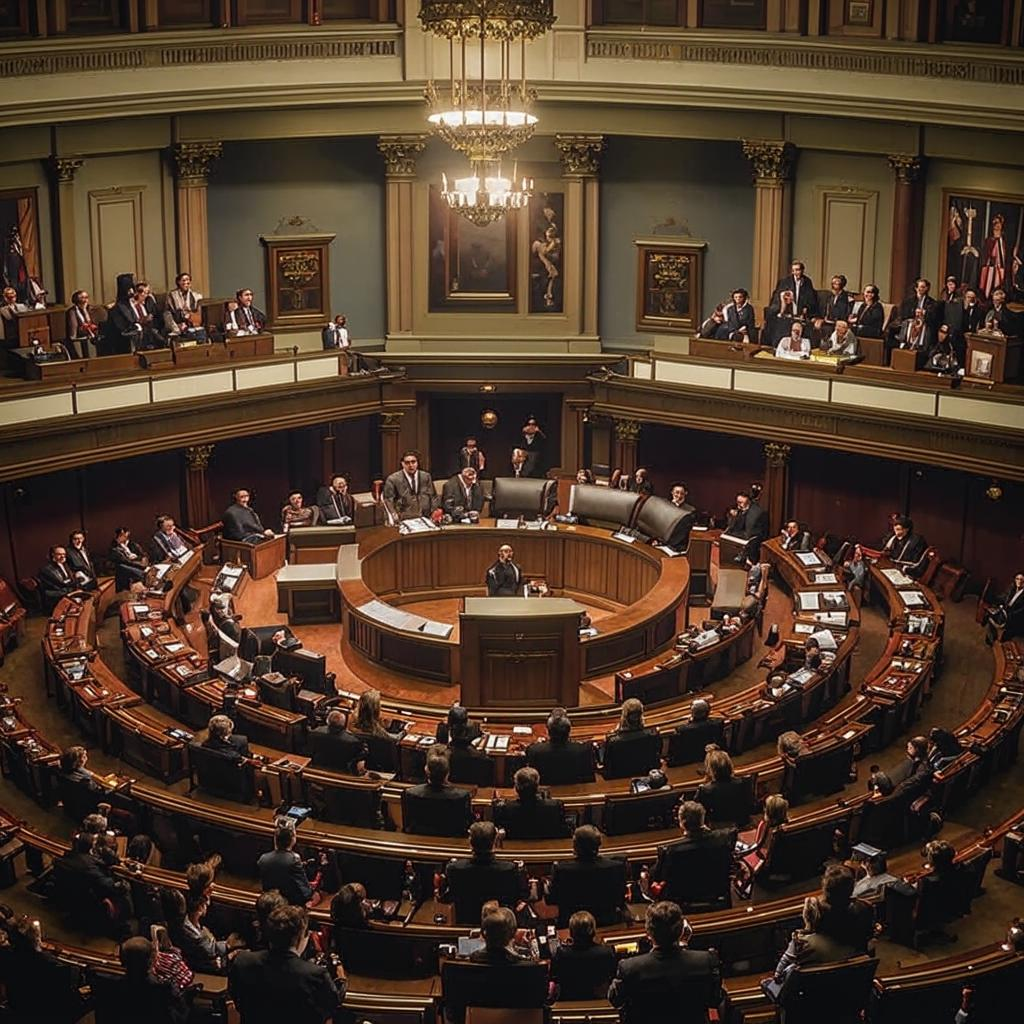Two bills in Congress aim to reverse Supreme Court decisions that have limited the patentability of software and genetic code. These decisions, particularly Alice Corp. v. CLS Bank and Mayo Collaborative Services v. Prometheus Laboratories , established that abstract ideas and laws of nature are not patentable.
The proposed legislation seeks to clarify patent eligibility, arguing that the current legal landscape has stifled innovation and investment in key sectors. Supporters contend that the bills would provide greater certainty for inventors and encourage the development of new technologies. They highlight that investment has declined due to uncertainties.
However, critics argue that these changes could lead to a surge in overly broad and potentially frivolous patents, hindering innovation and competition. They also raise concerns about the impact on areas like personalized medicine, where access to genetic information is crucial for developing new treatments. The debate centers on balancing the need to protect intellectual property with the importance of fostering open innovation and ensuring that basic scientific principles remain freely accessible. The bills’ potential impact on various industries is significant. It has sparked heated discussions among stakeholders, including tech companies, pharmaceutical firms, and advocacy groups. Should they pass, the legal landscape surrounding intellectual property would be reshaped, potentially encouraging investment in software and genetic research, albeit with possible drawbacks for open access and competition.












